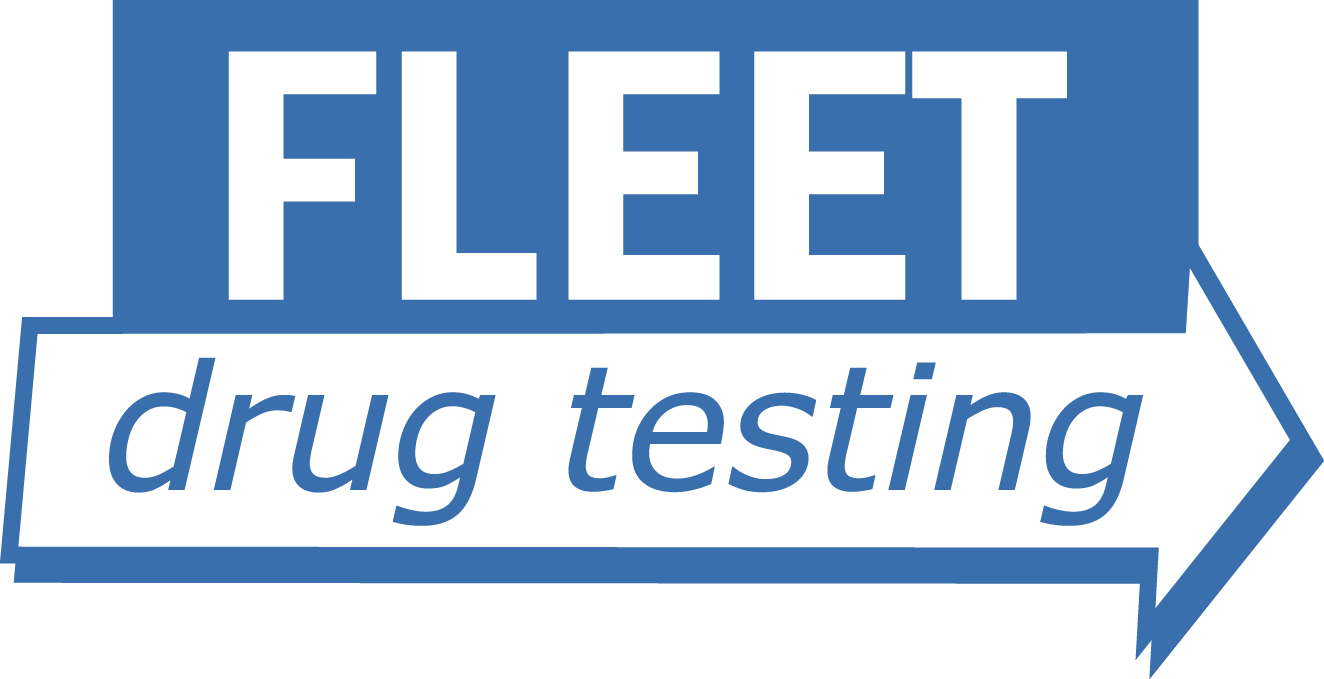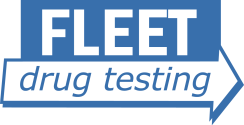We take pride in our drug testing solutions at Fleet Drug Testing. We help your company follow the rules of the Department of Transportation (DOT), and have a team that focuses on providing different drug testing services and programs. Whether your business is in Hartford, Stamford, or New Haven, we’re here to help you find a convenient testing location.
No matter which road you’re on, we’re committed to helping you find a drug testing facility that follows all DOT rules. Whether it’s on Interstate 95, Interstate 84, or any other road in Connecticut, we’re here for you. Reach out to our team now or check our enrollment page to find a program that fits your specific needs.
Who Has to Be Drug Tested in Connecticut?
DOT regulations exist for a good reason. They ensure consistency throughout the entire national industry, with the added benefit of promoting safety for everyone on the road–at least in theory. In Connecticut, specific employees termed “safety-sensitive” are required to undergo drug testing as part of the DOT’s comprehensive drug testing program. These individuals work in industries where their daily tasks impact not only their own safety but also the safety of others. This category typically includes:
- Truck drivers
- Bus drivers
- Pilots
- Air traffic controllers
- Ship captains and crew
- Engineers
- Train conductors
- Railroad workers
Considering the vital role that these employees play, both they and their employers must follow these regulations. The goal is not only to ensure the safety of drivers but also to protect everyone on the road–whether it involves the road, rail, or air. To that end, the key components of the DOT’s drug testing program include:
- Pre-employment testing – Conducted before hiring to confirm that new employees are free from drugs and alcohol when starting safety-sensitive roles.
- Post-accident testing – Implemented after work-related accidents or incidents to check if drugs or alcohol played a role.
- Random testing – These employees are also randomly selected for drug and alcohol testing throughout the year. The DOT determines specific testing rates, with 50% undergoing drug tests and 10% alcohol tests to create a safer work environment.
- Return-to-duty testing – Those employees that have previously tested positive or violated DOT regulations must face further testing to show they are no longer using drugs or alcohol and are fit for safety-sensitive duties.
- Follow-up testing – After completing the return-to-duty process, employees undergo periodic testing as part of their follow-up program to ensure an ongoing commitment to staying drug and alcohol-free, maintaining eligibility for safety-sensitive positions.
While these intervals make up the core of the DOT’s drug testing program, regulations also cover other aspects, like:
- Going to a certified testing location where they can be tested by licensed professionals.
- Being tested via urine or saliva samples for marijuana, cocaine, amphetamines, opioids, and PCP.
- Getting the results reviewed by a certified laboratory and Medical Review Officer (MRO), then reported to the DOT Clearinghouse.
With these regulations in place, it’s clear that compliance is very important. So, the question then becomes, what makes these tests and the program so effective?
Effectiveness of the DOT Drug Testing program in Connecticut
While adhering to DOT drug testing is a mandatory aspect of your job, its impact extends beyond merely detecting drug use in the Connecticut transportation industry. The program aims at overall safety, and its effectiveness is evident in several ways:
- Discouraging drug use through random testing – Random drug testing encourages employees to reconsider using drugs or alcohol while involved in safety-sensitive tasks.
- Setting clear guidelines – The program provides explicit guidelines and rules for drug testing, ensuring standardized procedures and regulations are followed by both employers and employees.
- Accurately identifying substances – Utilizing methods like urine testing, the program precisely detects prohibited substances, aiding in identifying individuals who may pose safety risks due to drug use.
- Taking action after testing positive – In case of a positive test, the program allows for necessary actions, such as removing employees from safety-sensitive positions, completing substance abuse treatment programs, and passing a “return-to-duty” test before resuming duties.
- Wide industry coverage – Because the DOT is composed of several different agencies, the program ensures consistent drug testing standards across safety-sensitive industries.
Consequences of failing a drug test
Certainly, the effectiveness of the DOT’s drug testing program depends on your willingness to comply with it. More importantly, these regulations are in place to ensure everyone’s safety. Non-compliance can lead to serious problems, including:
- Financial trouble – Breaking DOT rules can result in fines, losing contracts, legal troubles, and challenges in obtaining permits or licenses later.
- Job trouble – For employees, failing a drug test or not adhering to DOT rules can lead to job suspension or loss, losing the ability to drive commercially, and difficulties in getting transportation jobs in the future.
It’s crucial to comply with DOT’s drug testing regulations to maintain safety and adherence to industry standards. Given the heavily regulated nature of the transportation industry, partnering with our team at Fleet Drug Testing ensures comprehensive coverage and compliance.
Drug Testing Solutions Tailored for You in Connecticut
DOT rules are the same everywhere, but Fleet Drug Testing makes things easier for you in Connecticut. We work with local facilities and can create certified testing programs for those following DOT regulations.
Our team guides you through the whole process, from starting your program to managing ongoing testing.
With Fleet Drug Testing, you can concentrate on your business, and we’ll take care of compliance and reporting. Contact us to learn more about our DOT-compliant programs and start your drug testing journey with confidence.

